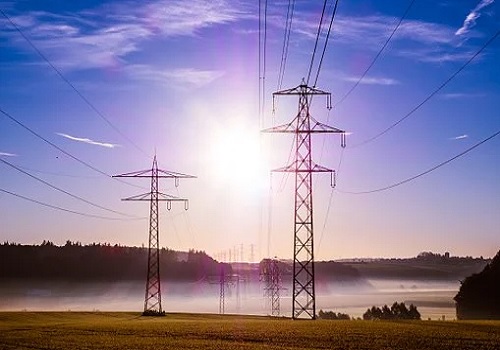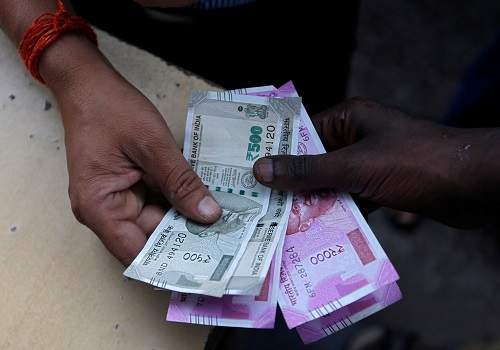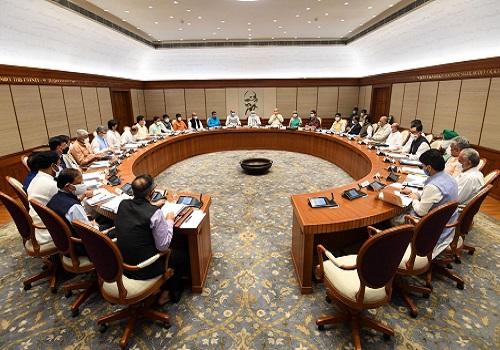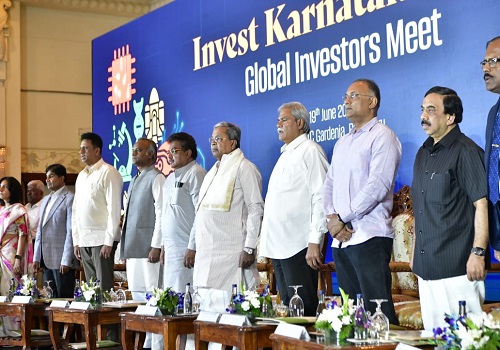Cabinet approves PLI scheme for Solar PV module manufacturing
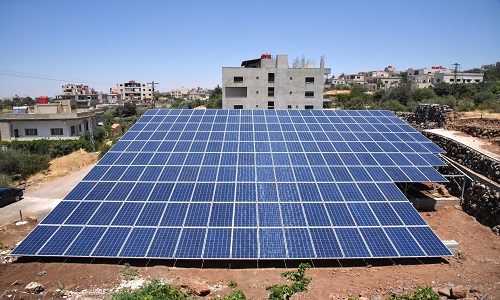
Follow us Now on Telegram ! Get daily 10 - 12 important updates on Business, Finance and Investment. Join our Telegram Channel
The Centre on Wednesday approved a proposal for implementation of Production Linked Incentive (PLI) scheme 'National Programme on High Efficiency Solar PV (Photovoltaic) Modules' for achieving manufacturing capacity of gigawatt (GW) scale in high efficiency solar PV modules.
The approval was given by the Union Cabinet which met here under chairmanship of Prime Minister Narendra Modi.
The new PLI scheme has been approved based on a proposal from the Ministry of New and Renewable Energy, and launched with an outlay of Rs 4,500 crore.
Solar capacity addition presently depends upon imported solar PV cells and modules as the domestic manufacturing industry has limited operational capacities of solar PV cells and modules.
The programme will reduce import dependence in a strategic sector like electricity. It will also support the Atmanirbhar Bharat initiative, an official statement said.
Under the scheme, solar PV manufacturers will be selected through a transparent competitive bidding process. PLI will be disbursed for 5 years post commissioning of solar PV manufacturing plants, on sales of high efficiency solar PV modules.
Manufacturers will be rewarded for higher efficiencies of solar PV modules and also for sourcing their material from the domestic market. Thus, the PLI amount will increase with increased module efficiency and increased local value addition.
The scheme targets to add 10,000 MW capacity of integrated solar PV manufacturing plants with direct investment of around Rs 17,200 crore.
In addition the programme is expected to generate demand of Rs 17,500 crore over 5 years for 'Balance of Materials'.
The government expects the PLI scheme to generate direct employment of about 30,000 and indirect employment of about 1,20,000 persons. It would also generate import substitution of around Rs 17,500 crore every year, and give impetus to research and development to achieve higher efficiency in solar PV modules.












 320-x-100_uti_gold.jpg" alt="Advertisement">
320-x-100_uti_gold.jpg" alt="Advertisement">


